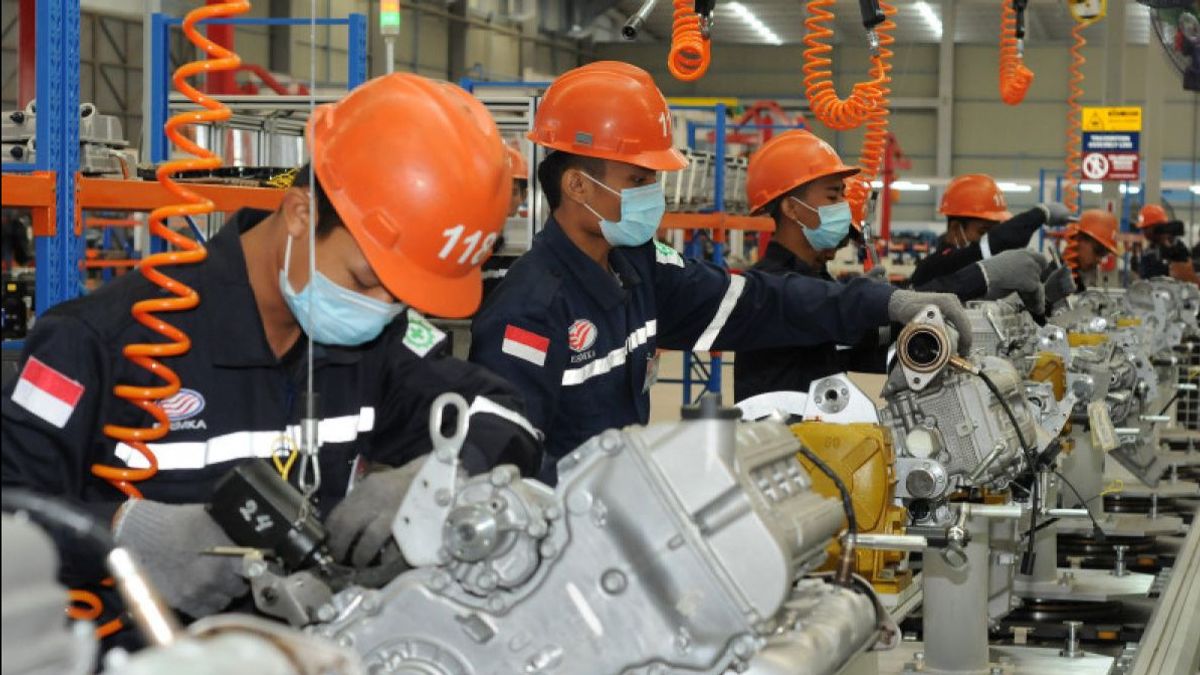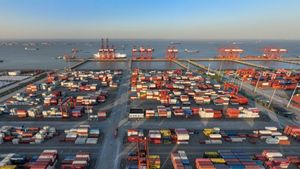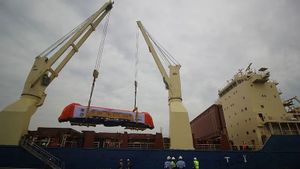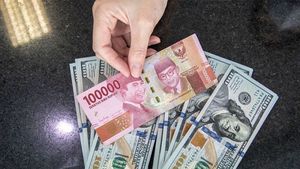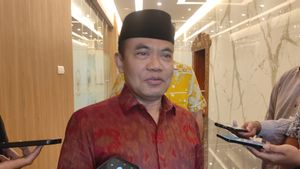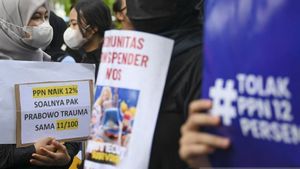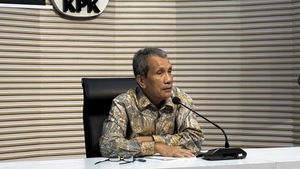JAKARTA - The Indonesian manufacturing sector experienced a decline to a 13-month low in June 2024. It was stated that the Indonesian manufacturing PMI dropped to 50.7 from the position in May 2024 which was recorded at 52.1.
S&P Global sees a potential contraction of new orders in the early second semester of 2024, which will be the first since mid-2021.
Although PMI still persists above the long-term average trend, the forecast of the Future Output Index does not move from its position in May 2024 and is part of the lowest in the record.
"We must anticipate that Indonesia will no longer lose its momentum to increase the growth of the manufacturing sector as in other world industrial countries," said Spokesperson for the Ministry of Industry (Kemenperin) Febri Hendri Antoni Arif in a written statement, quoted Tuesday, July 2. "The industrial sector is currently in a state of alarm. Industry players have decreased their optimism for future business developments. This is influenced by the weakening of new orders that are influenced by market conditions, trade restrictions in other countries are also less supportive regulations," he added.
Febri highlighted a report by S&P Global which stated that the growth in the manufacturing sector lost momentum in June 2024. It was explained that this was due to a slower increase in output, new demand and sales.
"Unlike some peer countries that experienced an increase in manufacturing PMIs, Indonesia fell quite deeply. There needs to be policy adjustments to boost optimism from industry players," he said.
The regulation in question requires adjustments is Regulation of the Minister of Trade (Permendag) Number 8 of 2024 concerning Import Policy and Regulation.
"This regulation relaxes the import of goods from abroad similar to domestically produced products. This has led to a decline in optimism for industry players, which has an effect on the decline in PMI," said Febri.
SEE ALSO:
"The necessary policy adjustments or policy adjustments include returning import arrangements to Permendag Number 36 of 2023 and the implementation of Safeguard Measure Import Duty (BMTP) and Anti-damping Import Duty (BMAD) for a number of commodities," he continued.
According to Febri, the emergency conditions experienced by the manufacturing industry can be seen from the phenomenon of Termination of Work Relations (PHK). The reason, he said, was the decline in global market demand and the increase in imported products that were 'thrown' into the domestic market due to trade restrictions by other countries.
"If Indonesia does not implement regulations related to this, imported products will further flood the market and repulse domestic products," he said.
The English, Chinese, Japanese, Arabic, and French versions are automatically generated by the AI. So there may still be inaccuracies in translating, please always see Indonesian as our main language. (system supported by DigitalSiber.id)
